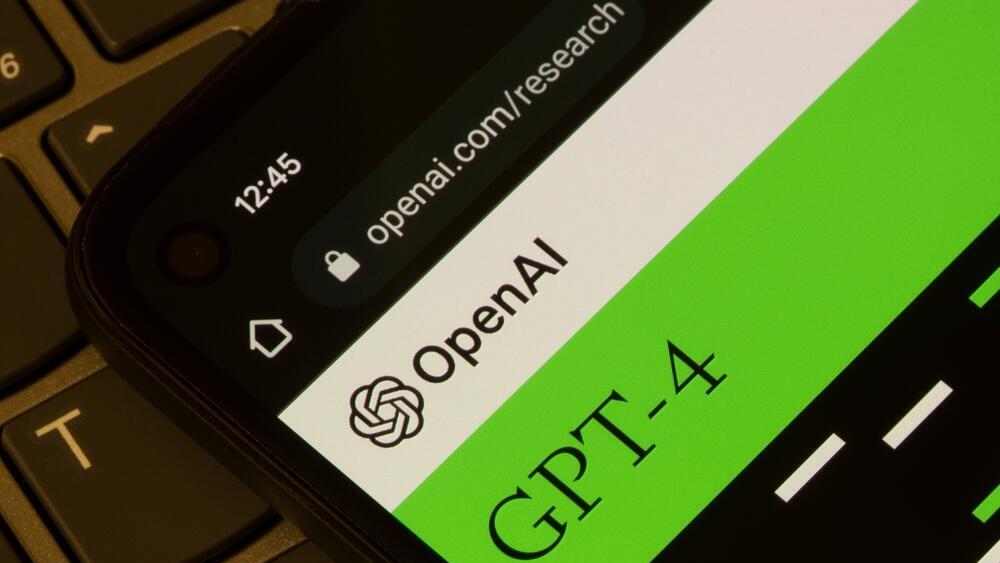Getting your Trinity Audio player ready...
In the shadow of warnings from experts around the world, the Science and Technology Committee of the Knesset will discuss the dangers and opportunities surrounding artificial intelligence on Monday. This is in light of the claims of experts around the world that artificial intelligence poses a huge danger to humanity. In the meantime, many countries around the world invest huge sums in these areas - but in Israel, the government's activity hardly deals with the issue.
More stories:
Last week, Israeli Prime Minister Benjamin Netanyahu said that he discussed the subject of artificial intelligence with serial entrepreneur Elon Musk, and that he intends to convene think tanks in the coming days to discuss the national policy of the State of Israel on the subject, both in the civil and security fields. Netanyahu promised that "just as we made Israel a national power in the field of cyber, we will do the same in the field of artificial intelligence."
2 View gallery


Experts around the world say that artificial intelligence poses a huge danger to humanity
(Photo: Tada Images / Shutterstock.com)
Meanwhile, the one who picked up the gauntlet is the former Minister of Innovation, Knesset member Orit Farkash-Hacohen of the National Camp, who is holding a debate on the issue for the first time in years in the Knesset. In the previous government, Farkash-Hacohen led a national program for artificial intelligence and published regulation rules for the field.
The discussion will be attended by representatives from the Innovation Authority, the Ministry of Defense, Google, experts from Harvard, as well as representatives of the Ministry of Finance, the Ministry of Economy and Industry, the National Cyber System, the Israel Institute for National Security Studies, the Israel Democracy Institute, researchers from universities in Israel, senior officials from the high-tech industry, and more.
The discussion will deal with dilemmas surrounding advanced technology – on one hand, the artificial intelligence revolution holds significant benefits and opportunities for society in general and Israel in particular, and harnessing technology for innovative development and technological leadership can contribute greatly to the Israeli economy.
2 View gallery


Orit Farkash-Hacohen is ready to discuss AI
(Photo: Dani Shem Tov, Knesset spokeswoman)
On the other hand, there are concerns about social and economic consequences on the labor market, an impact on social cohesion and the stability of democratic institutions, the development of dependence on machine decisions and, as a result, causing algorithmic discrimination and inequality. Due to the fear of the many dangers, Sam Altman, CEO of OpenAI – the company behind the popular ChatGPT product, who visited Israel last week, recently testified before US lawmakers.
During Monday's debate, questions will arise as to where the Knesset is in efforts to help the Israeli technology industry to lead in the field, and also to protect against the dangers that require government responsibility.
Farkash-Hacohen said that "in recent months there has been a leap in public consciousness due to the dizzying rate of the penetration of software such as ChatGPT and the realization of what is changing, following AI technology that has become available to users around the world on leading platforms that are multiplying. This process dramatically affects large technology companies and are successful in Israel and around the world, who are required to adjust their business activities and remain competitive in the age of artificial intelligence; and in addition, there is a heated discussion in the technology industry in Israel and in various countries around the world regarding the dangers that this technology brings with it."


